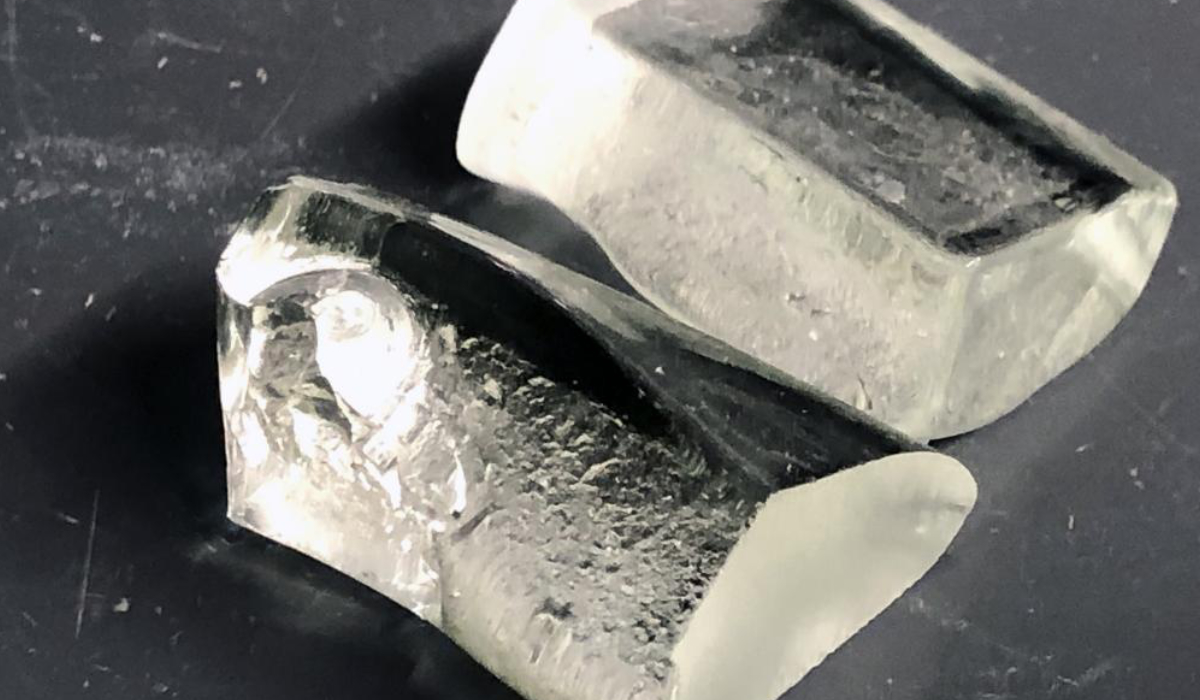It is possible to make planet long-term glass production? And get an even more resistant and light material?
The researchers of the Penn State, Pennsylvania State University, have answered these questions by developing a new type of glass, called LionGlass, named after the university mascot Nittany Lion.
Towards an ecological glass
LionGlass eliminates the use of carbon-containing batch materials and allows for significantly lower glass melting temperatures.
For the production of common glass, in fact, furnaces that reach 1500°C are required, through a process that releases large quantities of CO2 into the atmosphere (at least 86 million tons per year), also due to the direct emissions produced by the fusion of sodium and calcium carbonates which make up the raw material.
With LionGlass, however, melting temperatures are decreased by about 300-400 degrees, through the replacement of soda ash and limestone with aluminum oxide or iron compounds.
This data favors one reduction of energy consumption by 30% compared to the traditional processing of soda-lime glass.
And more resistant
Penn State researchers also tried to perfect the resistance to breakage of the material, making it significantly higher than that of conventional glass.
LionGlass is at least 10 times stronger than soda-lime glass: Specimens tested with a Vickers diamond indenter did not split or crack, despite reaching the equipment's maximum load.
The value of lightness
The resistance limits of this new type of glass therefore remain, for the moment, unknown. What is easy to understand, however, is the inverse proportionality relationship between the resistance and lightness of the material. In a nutshell, the greater resistance of LionGlass allows you to create lighter and thinner products, but just as safe.
This dynamic produces further savings, in economic and environmental terms, on the quantity of raw materials used.
Multi-sectoral attention
The innovation produced by Penn State researchers will have a huge impact on the many industries that benefit from the incredible qualities of glass. From the sector of the packaging to the electronic sector, from the construction and domestic sectors to communication technology, passing through health care and theautomotive, interest in LionGlass is predictably growing.
Penn State has filed a patent application for the entire glass family. In fact, there are multiple compositions within the LionGlass range, each with its own specific characteristics and applications.
Will the formula patented by US researchers be able to inaugurate a new phase within a multi-millennial tradition such as that of glass?
Sources: psu.edu, futuroprossimo.it
Image credit: Adrienne Berard/Penn State. Creative Commons



